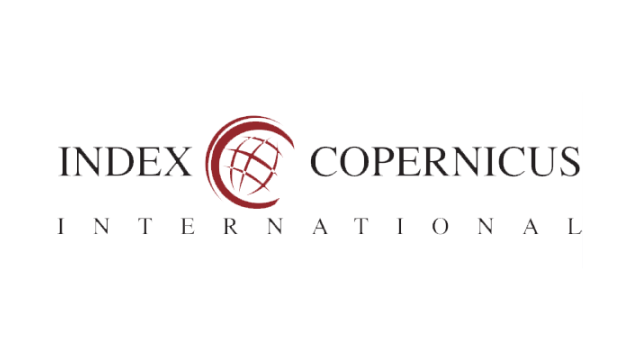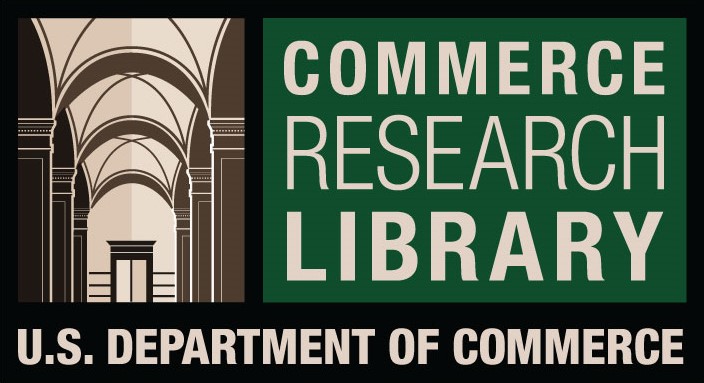HOW DEMOGRAPHIC AND POLITICAL KNOWLEDGE SHAPE VOTERS EXPECTATION TOWARD CANDIDATES CHARACTER
DOI:
https://doi.org/10.61841/ksma8c67Keywords:
Election, Power, Political New Strategy, Candidate Electability, Leadership, Political Knowledge, Leader’s Character, Expectation, IndonesiaAbstract
Leaders have so many character. Indonesian has also expectation for their leader. This article will show us the leader’s character that Indonesia have expectation for according to the demographic and political knowledge of the people. The research conducted in 1 city and 3 districts in Indonesia, namely Simalungun District, North Sumatra Province, Bandung District, West Java Province, Tangerang Selatan City, Banten Province and Pacitan District, East Java Province. There were 400 respondents for each area, thus, involved a total 1600 respondents. Face-to-face interviews were conducted in January until February 2020. The result will inform us the character of leaders that Indonesian have hope for since Joko Widodo’s character become new phenomena in Indonesia.
Downloads
References
1. Alimuddin, A., & Seniwati. (2016). The Internet and Social Media in Political Participation in Indonesia. International Journal of Management and Apllied Science, 2(8).
2. Bartels LM (1996) Uninformed votes: Information effects in presidential elections. American Journal of Political Science 40(1): 194–230.
3. Benoit, W. L., & Hansen, G. J. (2004). Presidential Debate Watching, Issue Knowledge, Character Evaluation, and Vote Choice. Human Communication Research, 30(1), 121–144.
4. Bernhagen, P., & Schmitt, H. (2014). Deliberation, political knowledge and vote choice: Results from an experiment with second-order elections. European Union Politics, 15(3), 352–371.
5. Bryman, A. (1993). Charismatic leadership in business organizations: Some neglected issues. Leadership Quarterly, 4, 289−304.
6. Choi, N. (2009). Democracy and Patrimonial Politics in Local Indonesia. Indonesia, (88), 131–164.
7. Conger, J. A., & Kanungo, R. N. (1998). Charismatic leadership in organizations. Thousand Oaks, CA: Sage Publications, Inc.
8. Garzia, D. (2011). The personalization of politics in Western democracies: Causes and consequences on leader–follower relationships. The Leadership Quarterly, 22(4), 697–709.
9. Ediraras, T. D., Rahayu, D. A., Natalina, A., & Widya, W. (2013). Political Marketing Strategy of Jakarta Governor Election in The 2012s. Social and Behavioral Sciences, 81, 584–588.
10. Fukuoka, Y., & Djani, L. (2016). Revisiting the rise of Jokowi: The triumph of reformasi or an oligarchic adaptation of post-clientelist initiatives? South East Asia Research, 24(2), 204–221.
11. Hagner, P. R., & Rieselbach, L. N. (1978). The impact of presidential debates: Conversion or reinforcement. In G. F. Bishop, R. G. Meadow, & M. Jackson-Beeck (Eds.), The presidential debates: Media, electoral, and policy perspectives (pp. 157–178). New York: Praeger.
12. Hamid, A. (2014). Jokowi’s Populism in the 2012 Jakarta Gubernatorial Election. Journal of Current Southeast Asian Affairs, 33(1), 85–109.
13. Herbert-Cheshire, L., 2003. Translating policy: power and action in Australia’s country towns. Sociol. Rural. 43 (4), 454e473.
14. Lang, K., & Lang, G. E. (1962). Reaction of viewers. In S. Kraus (Ed.), The great debates: Background, perspectives, effects (pp. 313–330). Bloomington: Indiana University Press.
15. Lau RR and Redlawsk DP (1997) Voting correctly. American Political Science Review 91(3): 585–598.
16. Lowe, K. B., & Gardner, W. L. (2000). Ten years of The Leadership Quarterly: Contributions and challenges for the future. The Leadership Quarterly, 11, 459−514.
17. Maurer, Todd. J., Maher, Karen. J., Ashe, Donna. K., Mitchell, Debora.R.D., Hein, Michael B., Hein, Judith Vein. (1993). Leadership Perceptions in Relation to Presidential Vote. Journal of Applied Social Psychology. 25, 12: 959-979.
18. Morrow, G. R. (1977). Changes in perceptions of Ford and Carter following the first presidential debate. Perceptual and Motor Skills, 45, 423–429.
19. Simons, H. W., & Leibowitz, K. (1979). Shifts in candidate images. In S. Kraus (Ed.), The great debates: Carter vs. Ford, 1976 (pp. 398–404). Bloomington: Indiana University Press.
20. Tannenbaum, P. H., Greenberg, B. S., & Silverman, F. R. (1962). Candidate images. In S. Kraus (Ed.), The great debates: Background, perspective, effects (pp. 271–288). Bloomington: Indiana University Press.
21. Wattenberg, M. (1991). The rise of candidate-centered politics. Cambridge: Harvard University Press
Downloads
Published
Issue
Section
License

This work is licensed under a Creative Commons Attribution 4.0 International License.
You are free to:
- Share — copy and redistribute the material in any medium or format for any purpose, even commercially.
- Adapt — remix, transform, and build upon the material for any purpose, even commercially.
- The licensor cannot revoke these freedoms as long as you follow the license terms.
Under the following terms:
- Attribution — You must give appropriate credit , provide a link to the license, and indicate if changes were made . You may do so in any reasonable manner, but not in any way that suggests the licensor endorses you or your use.
- No additional restrictions — You may not apply legal terms or technological measures that legally restrict others from doing anything the license permits.
Notices:
You do not have to comply with the license for elements of the material in the public domain or where your use is permitted by an applicable exception or limitation .
No warranties are given. The license may not give you all of the permissions necessary for your intended use. For example, other rights such as publicity, privacy, or moral rights may limit how you use the material.









